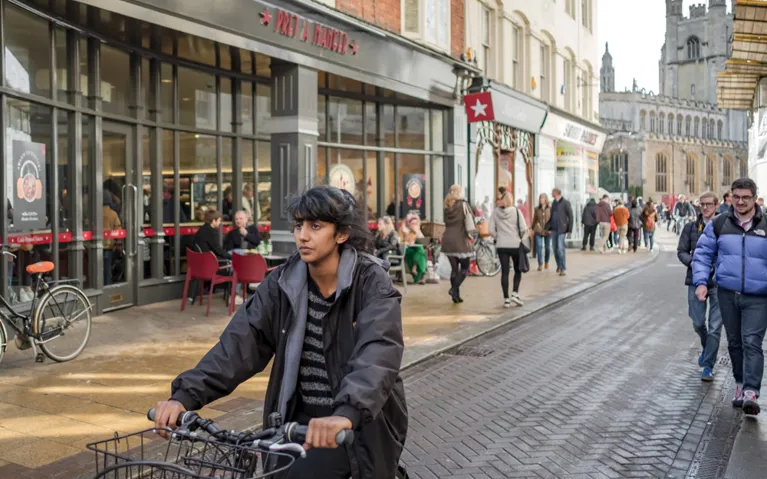Planning misconceptions
In early 2023, the Royal Town Planning Institute set out to understand the extent of misinformation around town planning online. What it found was startling. After surveying almost 1,000 RTPI members across the UK, the Institute found that 87% of planners believed social media was fuelling misinformation on local planning issues.
Planners are finding themselves the targets of online trolls as a result of this misinformation. Insults, harassment, and violent threats were getting worse, with nearly a quarter of planners saying they have 'regularly' or 'occasionally' been targeted through social media because of their role.
Planning has always been an emotive subject for many people - for those who work as planners and for those who may be impacted by planning proposals or decisions.
However, member of RTPI West Midlands Regional Activities Committee and Plan Project Manager at Sandwell Council Philippa Smith writes, being on the frontline has changed for planning officers recently.
People have become more fired up about issues that affect them, provoking strong reactions in some cases and not always good ones. Social media has provided an additional platform for people to rally support to object to proposals or for support of a particular pressure group. On the ground, Philippa has seen incidents at public consultation events and planning committees becoming more frequent and even the Police being called on some occasions.
Here are some misconceptions that people have about the planning system and profession.


Trial by social media
Corruption in planning
Research by the RTPI found that local Facebook groups and pages were some of the worst culprits for spreading misinformation about planning applications. Members of local Facebook groups sometimes incorrectly claim that planning officers are not following the law and taking bribes.
This is untrue, and it’s having serious detrimental consequences to Local Planning Officers. 41% of RTPI survey respondents from Local Planning Authorities said social media had had an effect on their well-being.
The vast majority of chartered planners will have studied an accredited planning Master's degree, which ensures a strong focus on ethics and planning’s role in promoting the public interest. Around three-quarters of the UK’s 22,000 planners are RTPI members and must follow the RTPI Code of Professional Conduct.

Upholding the highest standards
Professional conduct
The RTPI Code of Professional Conduct requires that all members, whether working in the public, private, or third sector:
‘…uphold the highest standards of professional ethics and must act with honesty and integrity throughout their career’
‘…must exercise fearlessly and impartially their independent professional judgement to the best of their skill and understanding.’
‘…not make or subscribe to any statements or reports which are contrary to their own genuine professional opinions, nor knowingly enter into any contract or agreement which requires them to do so.’


15 minute cities
15-minute cities are a concept of urban density where daily services are within 15-minutes travel. It’s ascended rapidly in the minds of policymakers, politicians and the general public as a tool for post-covid recovery, revitalising urban centres, achieving carbon net-zero targets, improving health outcomes and reducing unsustainable travel. This thinking does not require restrictions on the public’s freedom of movement within any single neighbourhood.